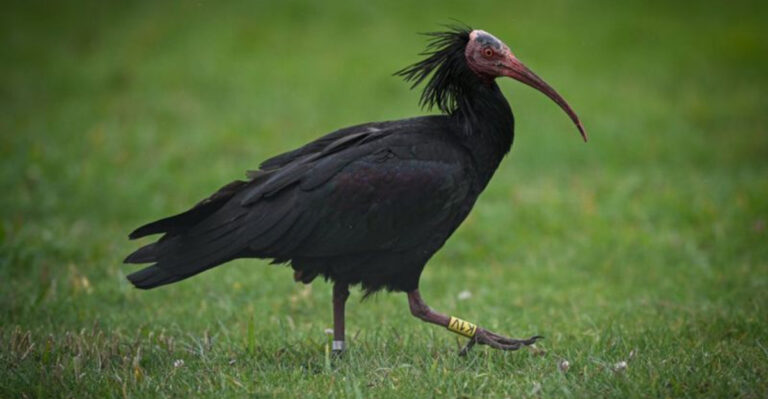Parakeet Lifespan: How Long Do Parakeets Live?
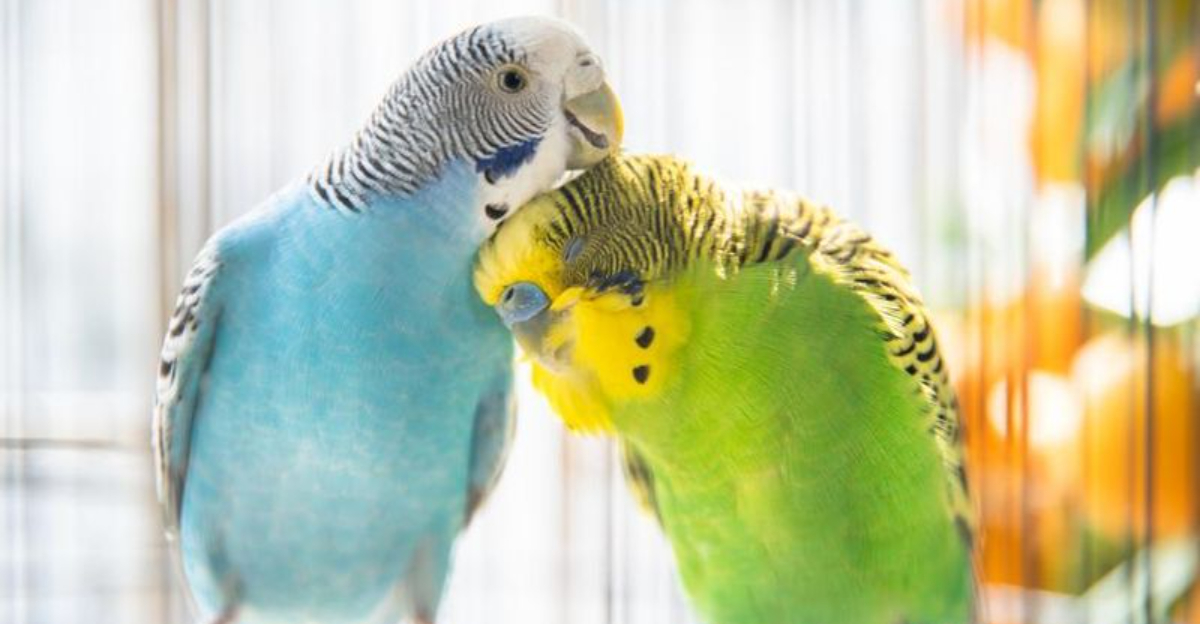
Ever wondered how many years your feathered friend might stick around? Those colorful, chatty companions known as parakeets have fascinating lifespans that vary widely based on several factors.
Understanding what affects your parakeet’s longevity can help you provide the best care possible and enjoy their company for years to come.
1. Average Lifespan In Captivity
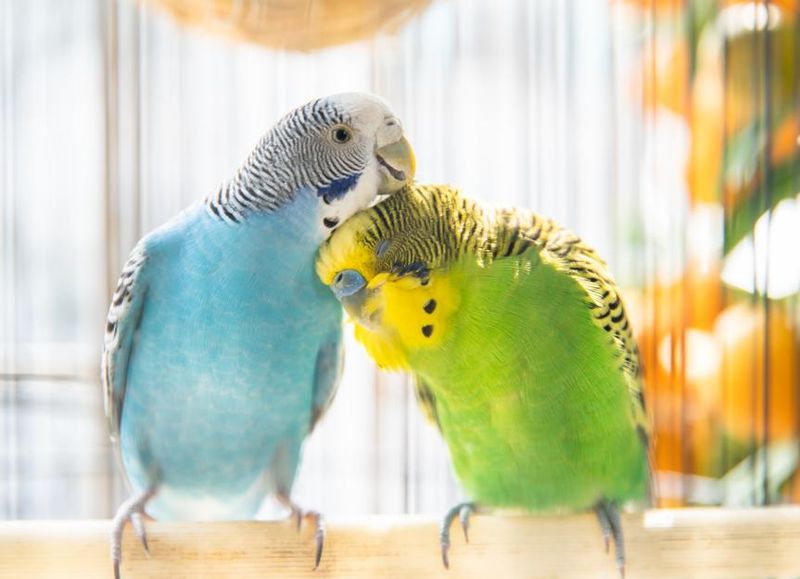
When properly cared for, pet parakeets typically live between 7-15 years. This remarkable range depends largely on their environment and daily care routines.
Many owners are surprised to learn their small feathered friends can be decade-long companions. The oldest recorded parakeet lived an astonishing 29 years!
2. Wild Vs. Domestic Longevity
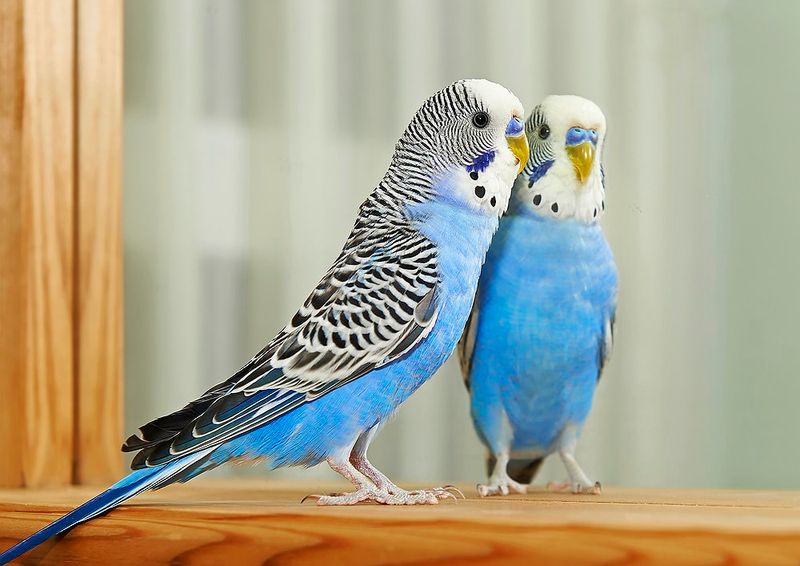
Wild parakeets face natural predators, harsh weather conditions, and food scarcity, typically surviving only 4-6 years. Their domesticated cousins enjoy protection, consistent feeding, and veterinary care.
This stark difference highlights how human care extends these birds’ lives. Captive parakeets often live three times longer than their wild relatives!
3. Genetics Play A Major Role
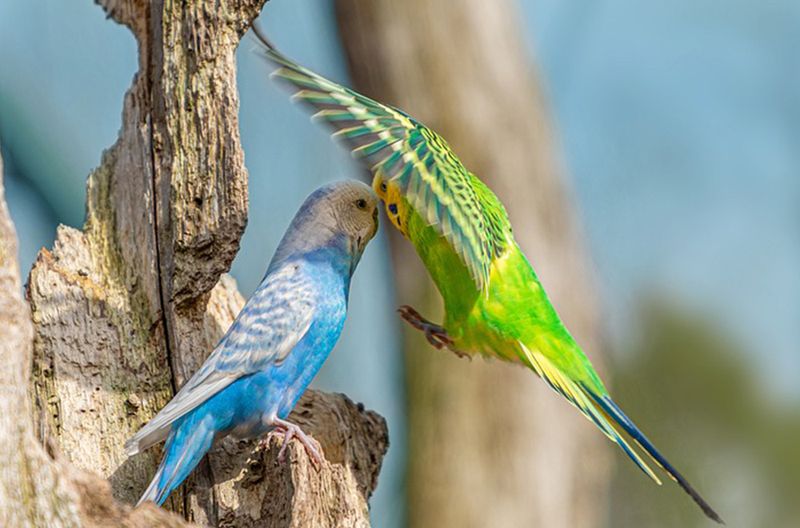
Just like humans, parakeets inherit health predispositions from their parents. Birds from responsible breeders who select for health and longevity often live longer than those from mass breeding operations.
Some color mutations, particularly those affecting feather structure, can be linked to health issues. Birds with natural coloration sometimes outlive their more exotic-looking counterparts.
4. Diet Directly Affects Longevity
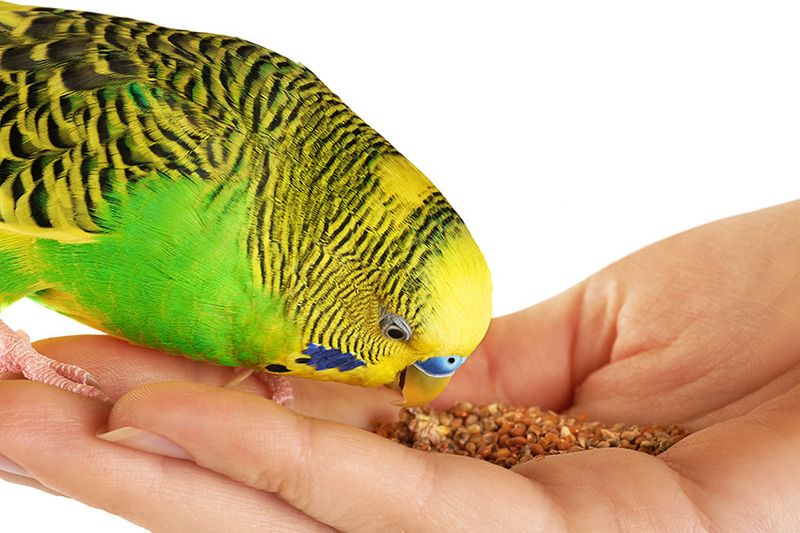
Seed-only diets often lead to shortened lifespans due to nutritional deficiencies. A balanced diet including pellets, fresh vegetables, and limited fruit helps parakeets thrive.
Many owners don’t realize that proper nutrition can add years to their bird’s life. Vitamin A-rich foods like carrots and sweet potatoes are particularly beneficial for respiratory health and immune function.
5. Exercise Requirements For Longevity
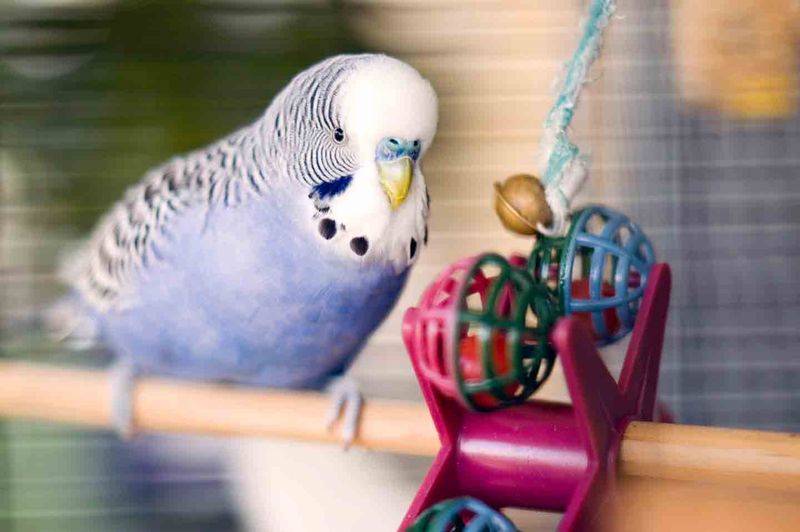
Flying is crucial for parakeet health! Daily out-of-cage time in a bird-safe room helps maintain cardiovascular fitness and prevents obesity-related issues.
Active birds who regularly stretch their wings typically live longer than sedentary ones. Interactive toys that encourage climbing, swinging, and foraging also provide essential mental and physical stimulation that contributes to longevity.
6. Environmental Factors Matter
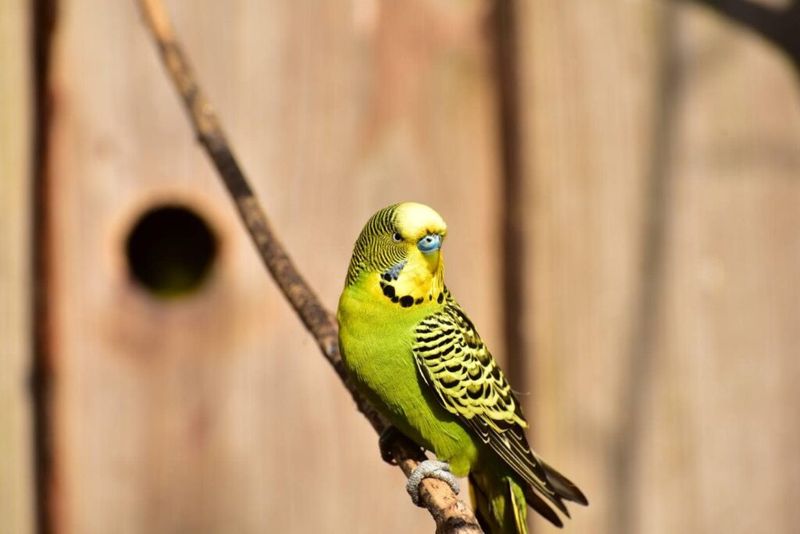
Exposure to cigarette smoke, aerosols, and certain cookware fumes can dramatically shorten a parakeet’s life. Their sensitive respiratory systems make them vulnerable to airborne toxins we might not even notice.
Keeping temperatures moderate (65-85°F) also supports longevity. Extreme temperature fluctuations put stress on these small birds and can lead to illness.
7. Social Needs Affect Health
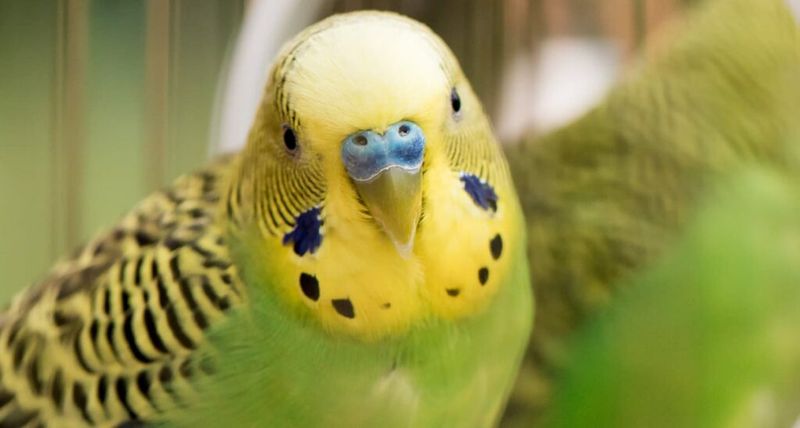
Lonely parakeets often develop stress-related illnesses that shorten their lives. These highly social creatures thrive with either a feathered companion or regular human interaction.
Surprisingly, the mental health of these intelligent birds significantly impacts their physical wellbeing. Depression in isolated parakeets can manifest as reduced immunity and shortened lifespan.
8. Regular Veterinary Care Extends Lives
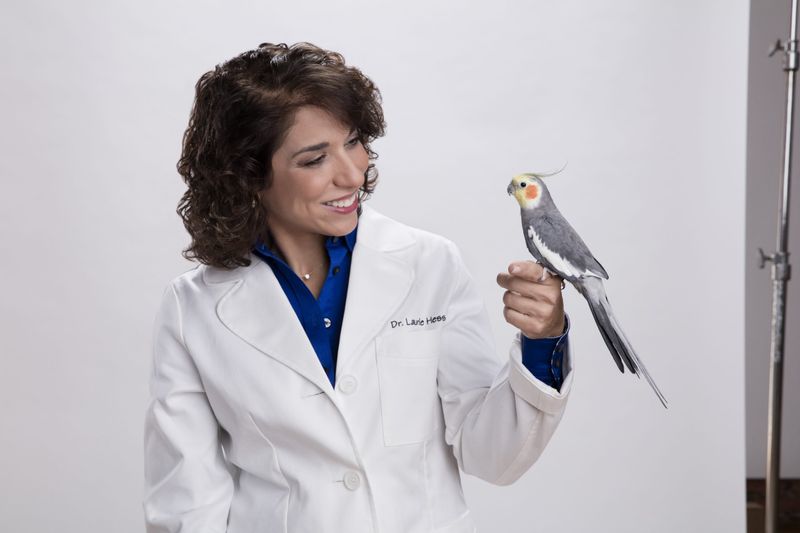
Annual check-ups with an avian veterinarian can catch health issues before they become life-threatening. Many parakeet owners skip this crucial care, not realizing birds hide illness until severely sick.
Finding a qualified bird vet makes a tremendous difference. Avian specialists understand the unique health needs of these small birds and can provide appropriate preventative care.
9. Male Vs. Female Lifespan Differences
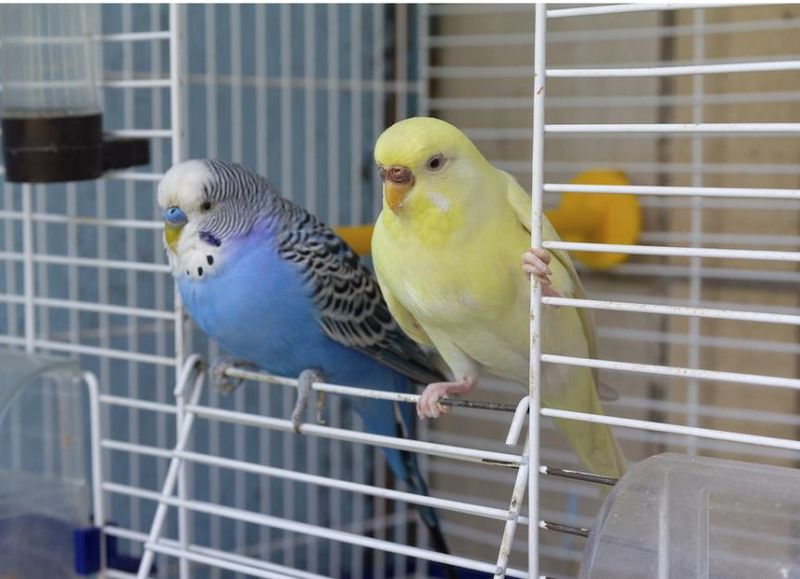
Female parakeets face health risks related to egg-laying, particularly egg binding, which can be fatal if untreated. This gender-specific issue means males sometimes outlive their female counterparts.
However, with proper veterinary intervention and calcium supplementation, female parakeets can live just as long as males. Recognizing early signs of reproductive issues is key to managing these risks.
10. Cage Size Impacts Longevity
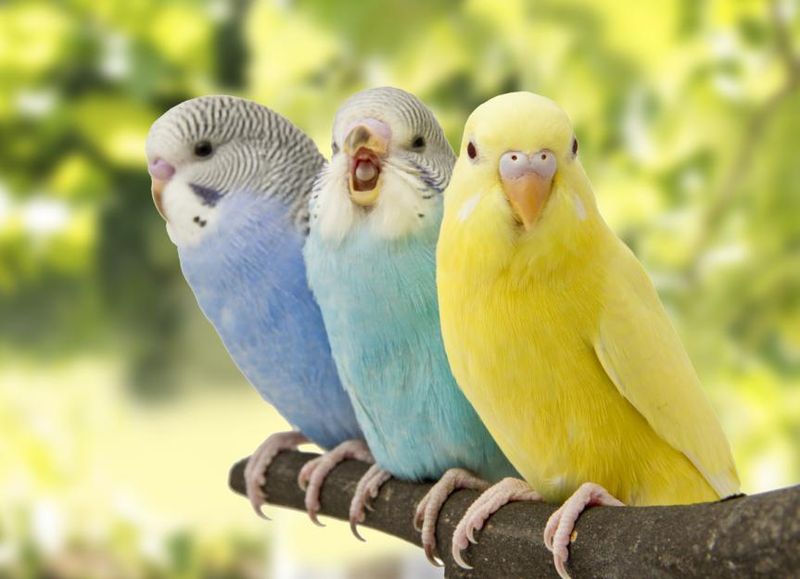
Contrary to pet store displays, parakeets need spacious cages to thrive long-term. Minimum recommended size is 18×18×18 inches, though larger is always better.
Cramped quarters lead to stress, reduced exercise, and poor mental health. Birds with room to fly between perches develop stronger muscles and respiratory systems, contributing to longer, healthier lives.
11. Early Life Care Sets The Stage
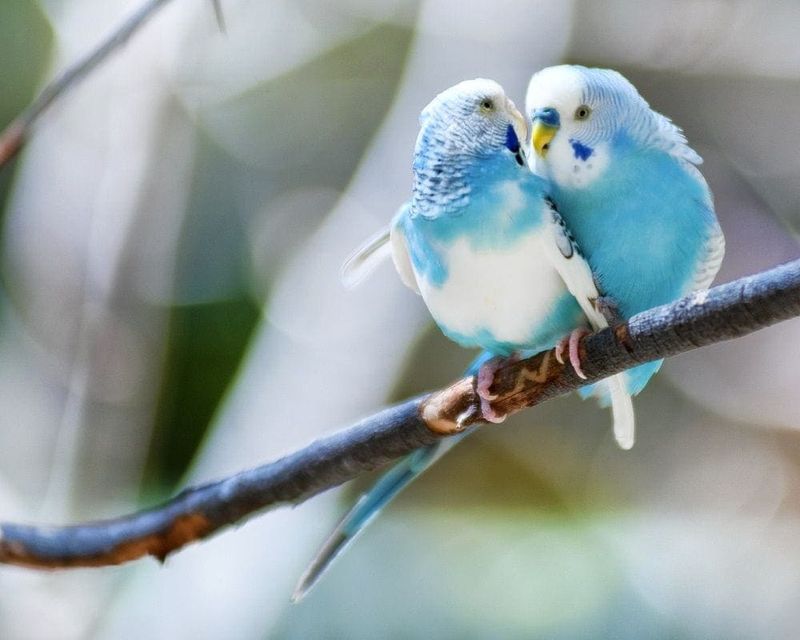
The first year of a parakeet’s life strongly influences their overall longevity. Birds that receive excellent nutrition, socialization, and veterinary care as juveniles typically live longer.
Hand-raised birds often develop stronger immune systems and better stress management. This early foundation creates resilience that benefits them throughout their lives.
12. Warning Signs Of Shortened Lifespan
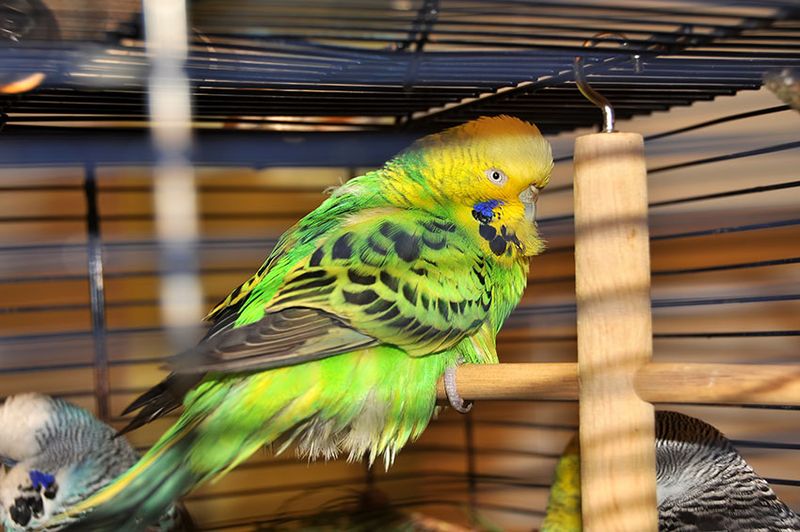
Puffed feathers, tail bobbing, and decreased activity are red flags requiring immediate attention. These subtle signs often indicate respiratory infection, which can quickly become fatal in small birds.
Weight loss, even slight, demands veterinary care. A healthy parakeet maintains consistent weight throughout adulthood, and fluctuations often indicate underlying health problems that could impact lifespan.
13. Breeding Affects Female Longevity
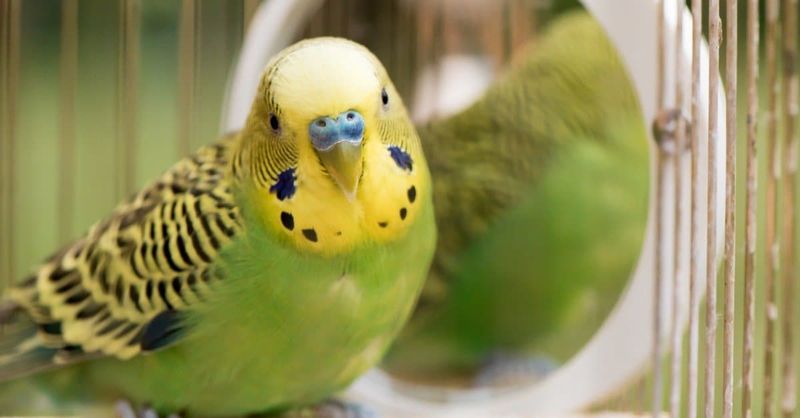
Repeated breeding cycles tax a female parakeet’s body and can shorten her lifespan. Egg production depletes calcium reserves and stresses her reproductive system.
Pet parakeets kept without nesting boxes often live longer than breeding birds. For owners not intending to breed, discouraging nesting behaviors helps preserve female health and extends their years as companions.
14. Seasonal Changes Affect Health
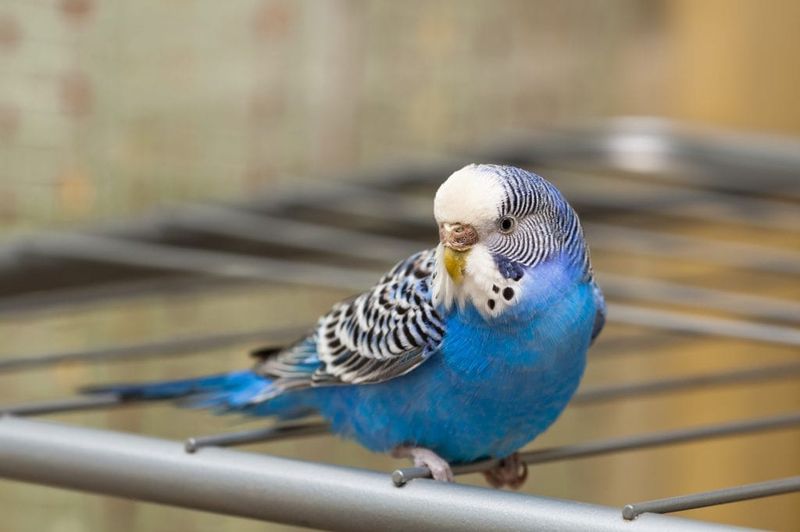
Molting periods place extra stress on parakeets’ bodies as they grow new feathers. During these times, they need additional protein and rest to maintain health.
Winter months bring dry indoor air that can affect respiratory health. Using humidifiers during heating season can prevent irritation to sensitive air sacs and help maintain the moisture balance these birds need.
15. Record-Breaking Parakeet Lifespans
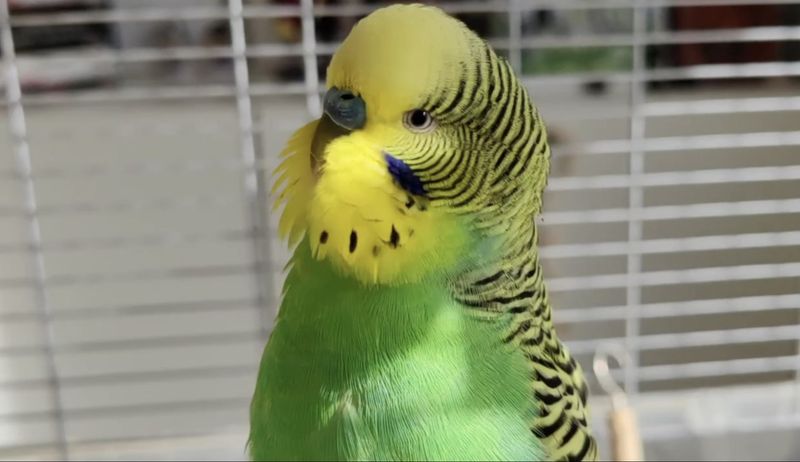
Charlie, a budgerigar from England, lived an astounding 29 years, earning a place in the Guinness World Records! This extraordinary case shows the potential longevity with exceptional care.
While such extreme ages are rare, many well-cared-for parakeets reach their late teens. These senior birds often develop special bonds with their owners and maintain playful personalities despite their advanced age.




